When it comes to home energy costs, winter is one of the most expensive times of the year. Fortunately, there are several things you can do to cut down on these expenses during the coldest months.
1. Turn down the thermostat.
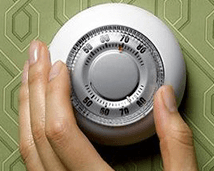
Everyone likes to be warm in the winter. However, if you are trying to save money on your heating bill, you should avoid turning the temperature up too high. Instead, set the thermostat at a lower temperature and wear a sweater if you feel cold.
2. Heat only the rooms you need.
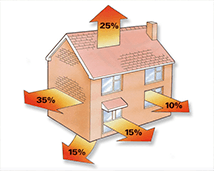
Many people have guest rooms or recreation rooms that are rarely used unless guests are in the home. If you have rooms that aren’t in use, shut the doors and seal the vents to conserve energy.
3. Use a humidifier.
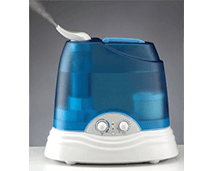
In the winter, your house sometimes feels colder simply because the air is drier. Using a humidifier helps keep moisture in the air, thus allowing it to hold heat better at lower temperatures and feel more comfortable.
4. Perform regular maintenance.

When your furnace is clean and well-maintained, it requires less energy to heat your home. Make sure that you change your filter regularly, keep your vents clean and unblocked and take care of any problems with your furnace as soon as they occur.
5. Use exhaust fans sparingly.
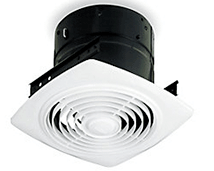
The exhaust fans found in your bathroom and kitchen can drive up energy costs when used frequently. Use these fans only when you must and turn them off as soon as they are no longer necessary.
6. Replace worn out weatherstripping.
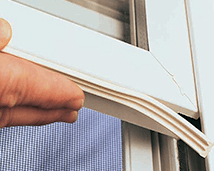
The weatherstripping around windows and doors wears over time, which leads to loss of heat through the spaces left behind. Replace worn weatherstripping to conserve heat and lower your energy costs.
7. Use portable heaters.
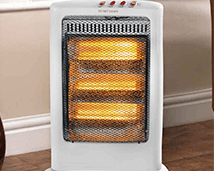
Portable heaters are typically less expensive to operate than your furnace. Instead of turning up the furnace and heating the entire house, purchase portable heaters and place them on in the areas your family uses most. Turn each heater on only when people will be using the space.
8. Cover windows and doors.
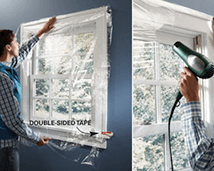
Much of the heat that escapes from your home does so through your doors and windows. Reduce heat loss by covering your doors and windows with plastic during the winter.
The information in this article was obtained from various sources. This content is offered for educational purposes only and does not represent contractual agreements, nor is it intended to replace manuals or instructions provided by the manufacturer or the advice of a qualified professional. The definitions, terms and coverage in a given policy may be different than those suggested here and such policy will be governed by the language contained therein. No warranty or appropriateness for a specific purpose is expressed or implied.



